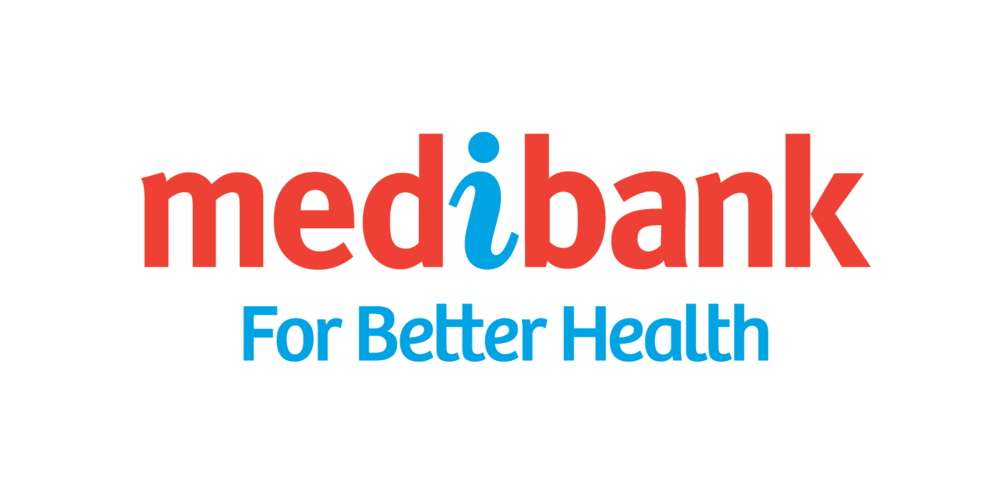PUBLISHED 22/7/2020

Despite recent government reforms in private health insurance, the smoke and mirrors continue with confusion and tales of foul play. This month, news broke that Medibank has been misleading its members and consequently is suffering the consequences of a $5 million fine for refusing members’ rightful claims.
 If you’re feeling overwhelmed by the latest Medibank news, you’re not alone. The subject of health insurance makes many Australians feel a touch uneasy. Confusion remains rife, and despite reforms, it remains challenging to find clear information on pricing and policies.
If you’re feeling overwhelmed by the latest Medibank news, you’re not alone. The subject of health insurance makes many Australians feel a touch uneasy. Confusion remains rife, and despite reforms, it remains challenging to find clear information on pricing and policies.
To quote an Australianism, it’s hard to know if we’re getting “a fair deal”.
Medibank’s recent dealings with the ACCC is hardly comforting. Between 2013 to 2018, at least 1,396 enquiries or claims from members were incorrectly refused due to “an error in the Medibank claiming system” the Federal Court found.
The rejected claims were not related to dental, but for (skeletal) joint investigations and reconstructive surgery – including pelvic, hip, spinal and knee reconstructions. These rejections had a deleterious effect on many members who either delayed their treatment, suffering considerable pain while others paid unnecessary out-of-pocket expenses to cover these procedures.
Despite Medibank identifying the error in June 2018, they continue to reject claims for a further 13 months. Although they self-reported the error to the ACCC and commenced compensation for some members, there are still 670 policyholders yet to be compensated.
CHOICE health campaigner Dean Price said that Australians should be able to trust that Medibank, one of Australia’s biggest insurers, would honour its policies.
“It is vital that health insurers are transparent about what they are going to deliver to people in this confusing market”.

Why is this still going on?
The Australian government has been aware the health insurance industry confusion, which is why last year, they introduce changes to make policies easier to understand.
Specifically, policies were labelled basic, bronze, silver or gold, with “plus” categories added where appropriate. But according to CHOICE, some silver policies were more expensive than gold policies from competitors, suggesting that the exercise was somewhat futile. Further, the health insurance lobby succeeded in making it more complicated, profiting from the confusion they created.
CHOICE’s 2019 health insurance fund analysis also named and shamed the worst offenders, with BUPA, Medibank, HBF and nib featuring on the list. Since then, COVID-19 has only highlighted the issues.
CHOICE: “While the public health system braced for the impact of COVID-19, private health funds raked in $1 billion on unused health services like elective surgery and dental. Despite this unexpected windfall, many funds are pressing ahead with premium increases for consumers in October.
“CHOICE has just completed an independent analysis which has revealed that many of the major funds like Medibank and Bupa are doing the bare minimum to ease the financial pressure on their members.”
What should you do?
There’s no need to be overly concerned, but we recommend you review your policy and check that it is serving your budget and lifestyle. And – if your claim is ever surprisingly rejected, have it checked.
We also suggest that you do the following:
- Determine whether you need health insurance cover. If you’re still very young and in good health, perhaps it’s too early for you to start paying for private health insurance. And don’t be afraid of paying a 2% premium if you start late. Although this seems like a handicap, after 10 years, premiums are scrubbed, so if you do the sums, you might find that you are okay without it. Alternatively, if you know that you need significant dental work, or have a physical profession where the risk of injury is high, private health insurance may be a good option.
- Budget your extras Do you need speech therapy, optical, podiatry, natural therapies and psychotherapy? Perhaps you only need optical and dental. Assess what’s right for you, and if you’re paying for things you don’t use, scrap them and look for a more competitive policy.
- Compare policies To compare policies, go to a broker or find a useful tool like this one from CHOICE >
A word on Members Own
Finally, take a look at Members Own health insurance funds. These funds are non-for profit and reinvest any profits back into its membership. This means that Members’ Own branded organisations pay a larger proportion of premiums back into members pockets in the form of benefits and claims paid, whereas for-profit funds tend to funnel profits to the people at the top.
For more information on Members Own funds, go here.
